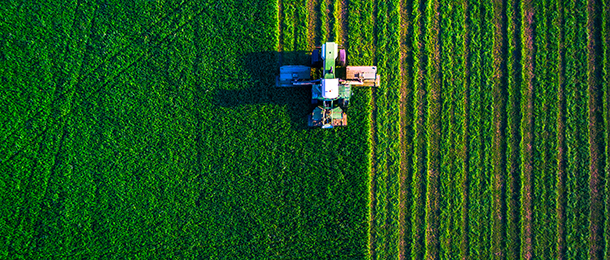The SMSF Association has estimated at least 3500 SMSFs holding farms and primary production land will be immediately impacted by the proposed Division 296 tax, noting the lack of indexation will cause that number to grow.
Responding to questions taken on notice from the Senate Economics Legislation Committee, the association presented data collected from specialist auditing firm ASF Audits to highlight the scope of the impact of Treasury Laws Amendment (Better Targeted Superannuation Concessions and Other Measures) Bill 2023 on SMSFs with agricultural assets.
The industry body stated: “1062 SMSFs audited by ASF Audits in 2021/22 out of a population of approximately 37,000 SMSFs held primary production land and 20 per cent of those funds were likely to be impacted by this tax.
“Extrapolated across the entire population of 610,000 SMSFs, this equates to over 17,000 SMSFs who in 2021/22 held primary production land, with just over 3500 SMSFs holding primary production land that were likely to be impacted by this tax.”
It pointed out the lack of indexation on the $3 million threshold is highly likely to impact many of the remaining 13,500 SMSFs that may not initially be affected as historical data suggests agricultural land values tend to fluctuate over time.
Speaking before the committee, association chief executive Peter Burgess added some of these funds will encounter significant liquidity risks due to the atypical nature of the measure.
“Many impacted individuals, including small business operators and primary producers, will encounter liquidity stress compounded by the erratic and unpredictable nature of a tax that is linked to movements in markets, whether investment or agricultural land,” Burgess noted.
“The assertion that a ‘commercial yield’ should always generate sufficient liquidity for the fund to cover a tax that is linked to movements in the underlying asset value lacks commercial realism, particularly in rural Australia.”
Additionally, he highlighted two aspects of the bill in its current form as problematic and called for the removal of the proposed measure in its entirety.
“The shift from $100 million to $3 million and a measure of earnings that captures unrealised capital gains utterly reframes the policy position from one that targets ultra-high net wealth individuals to one that starts to capture elements of middle Australia, small business owners and farmers,” he said.
“The lack of indexation of the threshold will, over time, see this measure impact many more average Australians.
“We strongly encourage government to cease the progress of this bill and instead continue to engage with stakeholders and industry to ensure that the resulting policy and legislation delivers the right outcomes.”
The latest call to remove the tax follows concerns some farmers are already selling assets from their funds to mitigate the impact of the impost.




